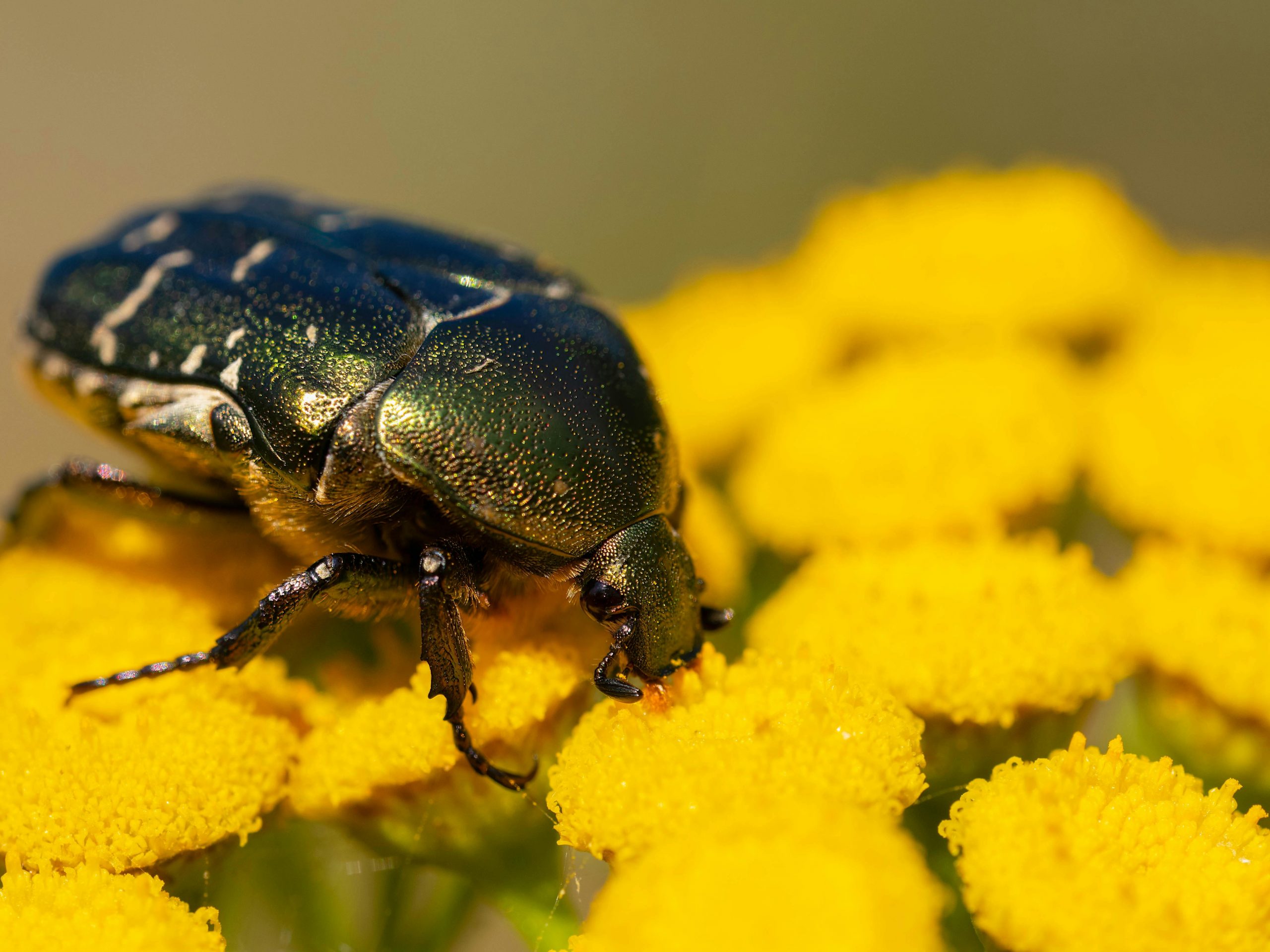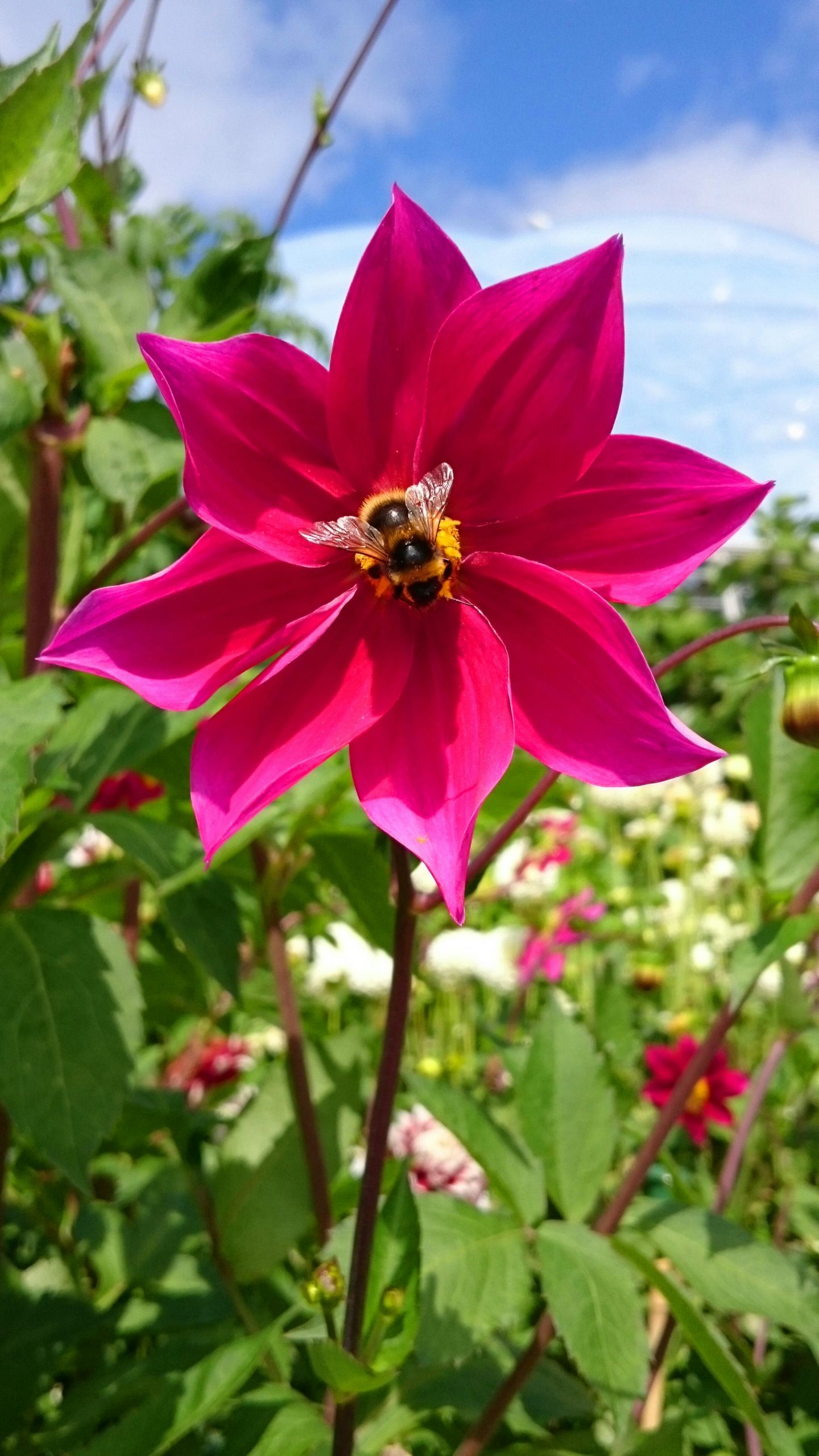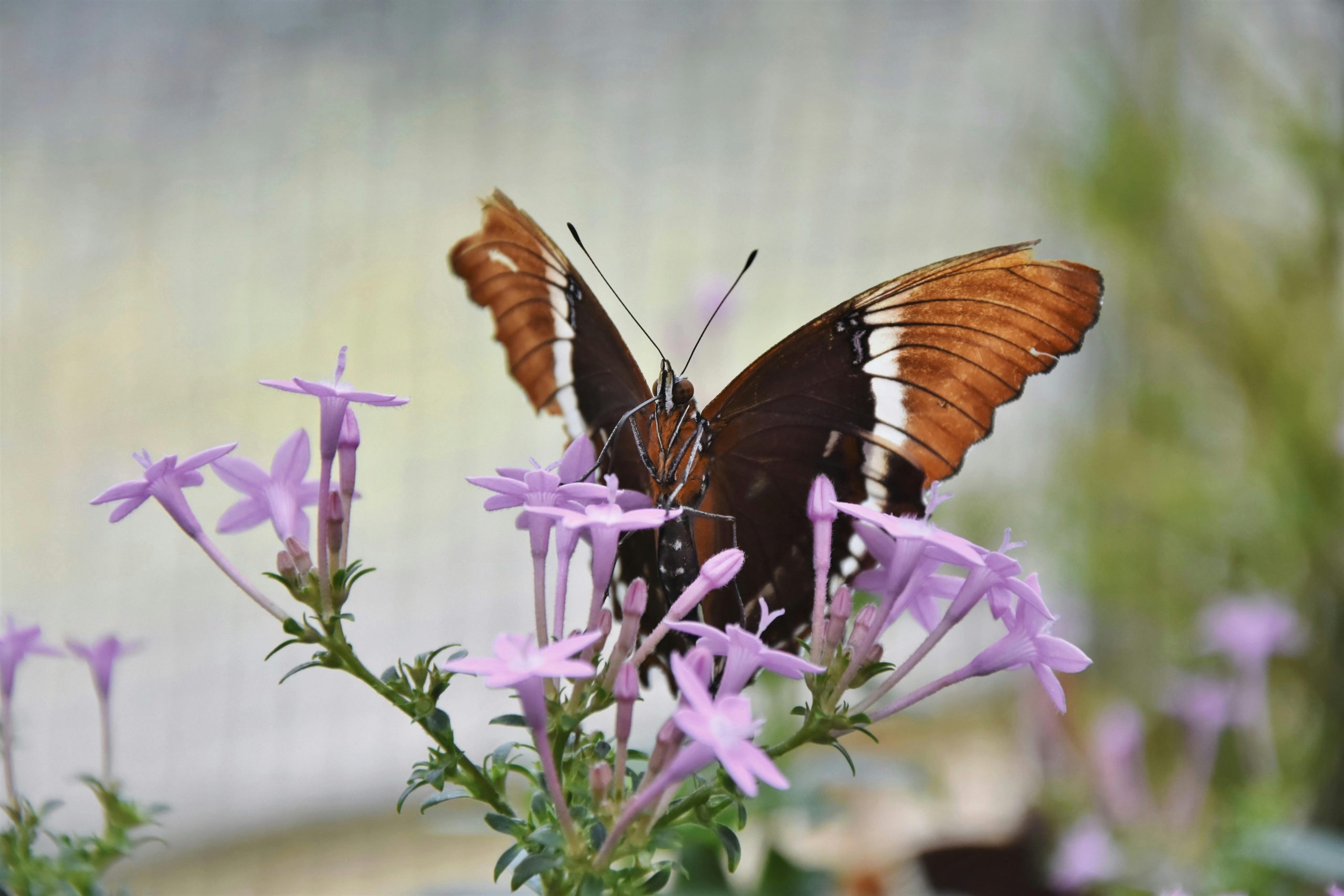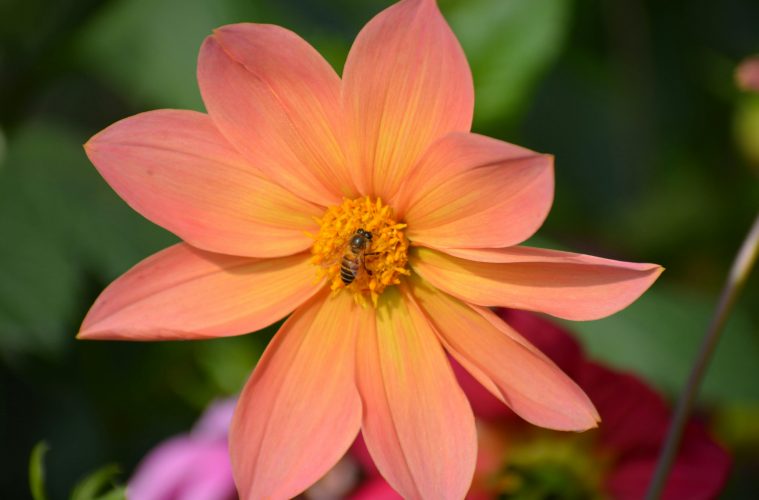For gardeners understanding cross-pollination is key because it helps you plan your garden well. Here’s all you need to understand about cross-pollination.
What is cross-pollination?
Understanding cross-pollination is essential for grasping how your plants reproduce, particularly through the development of flowers and seeds. To put it in simple terms, cross-pollination happens when pollen from one plant is transferred to another plant by pollinating insects or birds. Flowers typically have both male and female parts, which are referred to as complete flowers. In contrast, incomplete flowers possess only either the male or female parts.

Image Credit: Pexels
These parts help flowers produce fruits. Some plants will rely on pollination to generate edible fruits, but errors can occur that lead to cross-pollination hence cross-pollination is a thing.
In some cases, intentionally cross-pollinating plants can result in tastier fruits, larger blooms in flowers, different colours, and other desirable traits. For home gardeners, understanding cross-pollination is essential for planning a consistent and fruitful garden.

Image Credit: Pexels
Advantages and disadvantages of cross-pollination
When considering gardening methods, it’s important to carefully evaluate their pros and cons before beginning. Since cross-pollination is always dependent on birds, wind or insects to cause the transfer of pollen. There are a good number of advantages and disadvantages to this entire process:
Advantages
- Cross-pollination is beneficial to the race or genus of the plant as it introduces new genes into the lineage because of the process
- The seeds produced in cross-pollination are in good health and full of vitality.
- Cross-pollination improves the resistance of the flowers to diseases and changes in the environment.
- The process can allow unisexual plants to reproduce.

Image Credit: Pexels
Disadvantages
- There is a high wastage of pollen grains
- There is a significant risk that beneficial traits may be lost and undesirable traits may be introduced because of gene recombination.
- Not all plants will be pollinated thus causing you to have unfeasible flowers
Whether you are an avid gardener or farmer, cross-pollination can help provide the necessary achievements you are after.
ALSO SEE: GARDENING IS GREAT FOR KIDS – HERE’S WHY
Feature Image: Pexels


